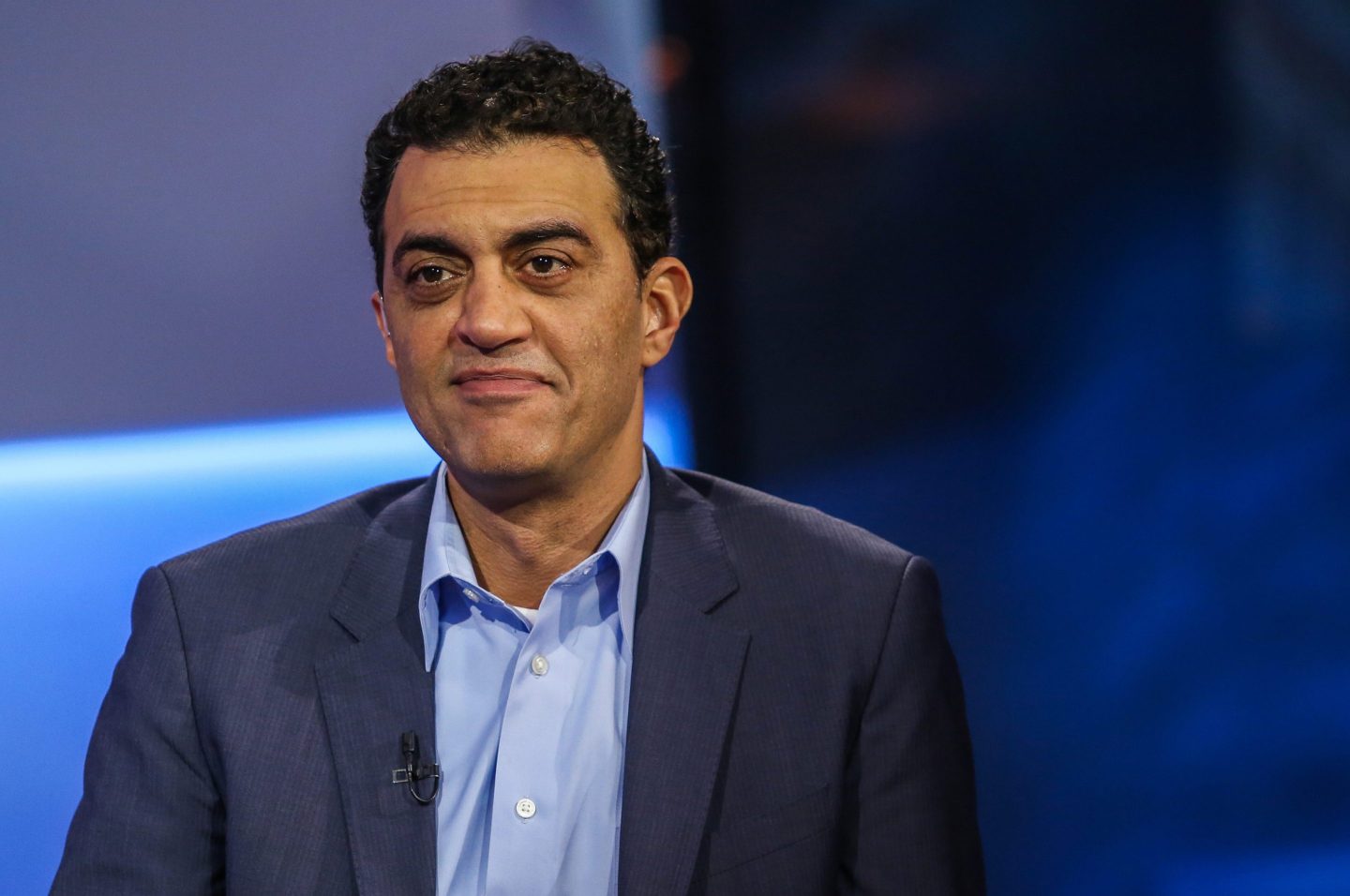As the 737 MAX crisis grinds on, Boeing decisively signaled Friday how seriously it is taking the situation. The aerospace giant’s board of directors stripped Boeing CEO Dennis Muilenburg of his role as the company’s chairman, installing independent director David Calhoun in his place.
Aerospace analysts for investment companies tell Fortune the move is a potentially positive move—or the first step in Muilenburg’s ouster from Boeing. The board said splitting the roles allows Muilenburg to focus on running the company, getting the 737 MAX back in the air, and sharpening Boeing’s focus on product and service safety. It also shows that the board is taking seriously its oversight role.
If it is the first step in a break up between Boeing and Muilenburg, the final cut would not come until after the MAX is back in the air, analysts say.
The decision came out hours after a panel of international air safety regulators released a report that criticized the FAA for falling short in its review of a safety system installed on the 737 MAX that contributed to two crashes that killed a combined 346 people. The report by the Joint Authorities Technical Review also faulted assumptions Boeing made in developing the fourth generation of its popular single-aisle airplane.
For decades, the 737 has been the workhorse of air travel, hauling billions of passengers around the globe. Now, hundreds of the newest version, the 737 MAX, sit idle, grounded in the wake of the Lion Air and Ethiopian Airlines crashes.
Calhoun backed Muilenburg in a press release announcing the management shuffle.
“The board has full confidence in Dennis as CEO and believes this division of labor will enable maximum focus on running the business with the board playing an active oversight role,” Boeing’s statement said. “The board also plans in the near term to name a new director with deep safety experience and expertise to serve on the board and its newly established Aerospace Safety Committee.”
Muilenburg, 55, took over the company’s top position in July 2015, succeeding the controversial Jim McNerney, who earned investors’ praise by overseeing a bullish rise in Boeing’s stock price. McNerney drew blistering criticism from many Boeing employees and some aerospace analysts for his squeezing union concessions and several development debacles, especially the 787’s much delayed and stumbling development.
After stepping into the chairmanship in early 2016, Muilenburg moved to heal rifts in the company without substantially turning away from his predecessor’s strategy. He implemented structural changes to foster collaboration across the company’s revenue divisions: Boeing Commercial Airplanes (BCA); Boeing Defense, Space & Security; and Boeing Global Services. He also created the services division as a pivot in the company’s future business strategy and a strategic move into aerospace services.
Muilenburg joined the company in 1985 as an engineer, and steadily moved up the ranks, spending time at BCA and Boeing Defense.
After the news was announced, Boeing (BA) stock dropped in after-hours trading, down $0.61 or .16% as of this writing.
More must-read stories from Fortune:
—Why WeWork’s failed IPO might not mean disaster for SoftBank after all
—Dyson pulls the plug on its plan to build an electric car
—Why Etsy sets a higher standard for diversity and inclusion in tech
—From porn to scams, deepfakes are unnerving business leaders and lawmakers
—A.I. remains a disruptive force in finance—even for fintechs
Catch up with Data Sheet, Fortune’s daily digest on the business of tech.











